Festival della Mente, a hotbed of topical, multi-disciplinary reflections for a broad, intergenerational audience. Because ideas drive the world!
The context I grew up in was 1980s Swedish culture. I lived according to the principles of productivity, efficiency and profit. I entered the world of work as an engineer.
I wanted to work for the environment, but I only found positions in which I had to minimise negative impact; I wanted to work to create a positive one.
Those were the years of the digital boom, and I let myself be seduced by management consulting. I abandoned the idea of the environment, and forced myself to create a radical distinction between me, Marianne, and my professional role. The risk of failing as a person was therefore averted: if my professional side failed, I myself wouldn't fail.
I worked soullessly: acquisitions, mergers, funding operations, nothing memorable.
Inside me, however, something continued to ruminate, and every now and again, I would get lost in thought: "I don't know what I'm doing here; when I was 11 I wanted to save the world."
I felt useless, and a part of me slowly withered. Until, at Christmas in 2011, my internal voice erupted: I couldn't carry on like this.
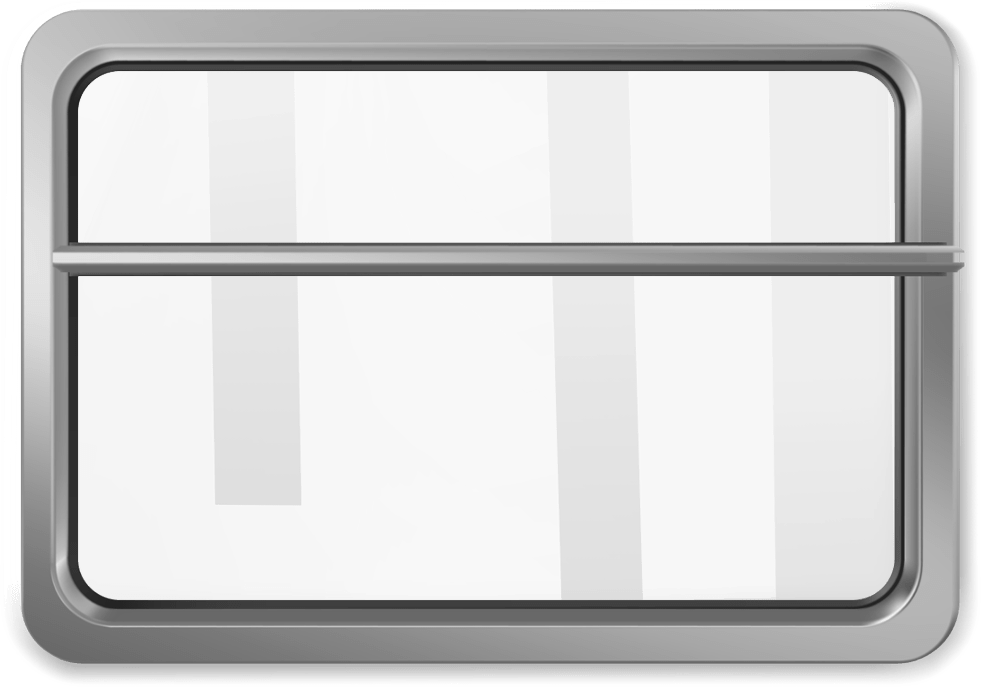
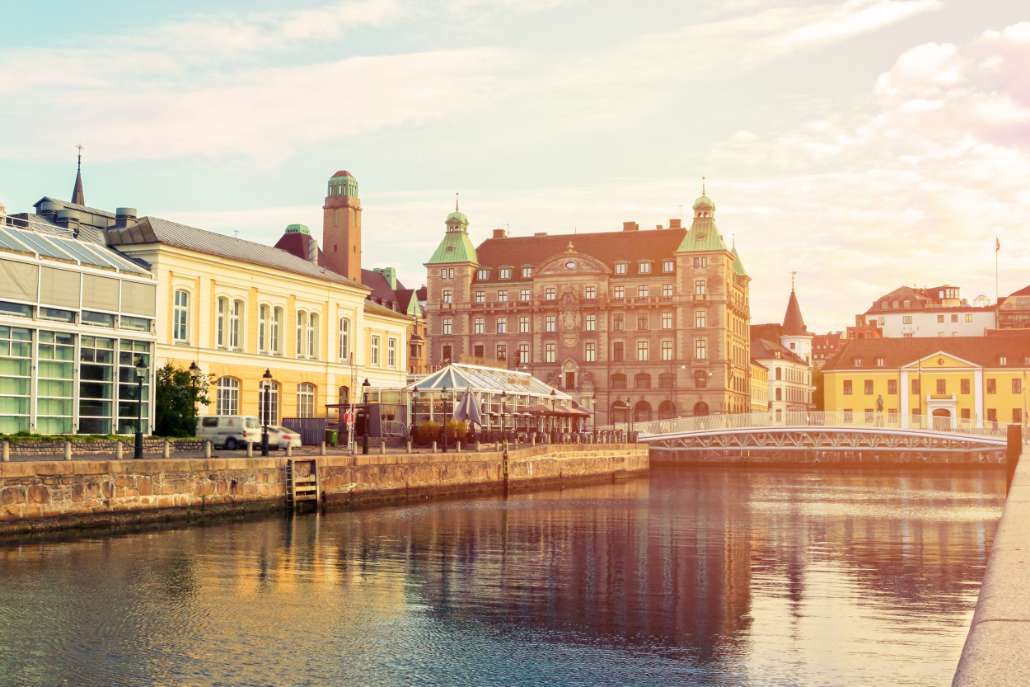
out on a path that would also connect me to the latter. I followed a course on personal development, and I became an executive coach.
Now I could help people to find the spark hidden within. It was wonderful: I began to feel useful. Every encounter with someone is a privilege, and seeing their awareness grow feeds my hope for our future. I specialise in cultural transformation and team coaching, to help companies gain a systemic approach and recognise their corporate culture as a strategic factor.
What leads us towards change? Which motivations, emotions, dynamics? I began to help more and more people change their lives, evolve and bloom. As if in a human garden, I unearthed the beauty in every person.
Reading Letting Go: The Pathway of Surrender, a book by David R. Hawkins - a professor and psychologist specialising in human consciousness - led to the final breakthrough. His technique of emotional release is a method for accepting and managing emotions, which involves letting them go. By accepting them (choosing how to manage them and act), we release a lot of blocked energy and find ourselves with a new source of vitality. It is a long journey of self-awareness that leads us to establish a new balance between external and internal stimuli.

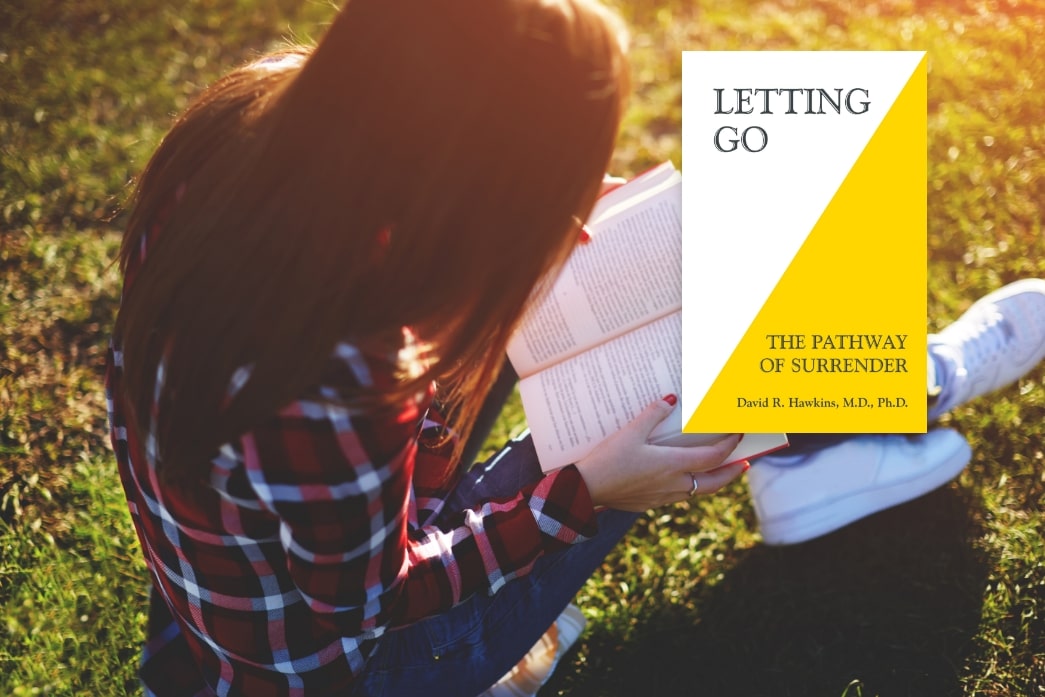
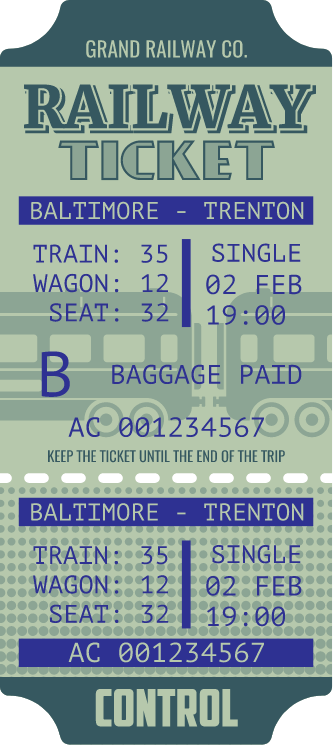
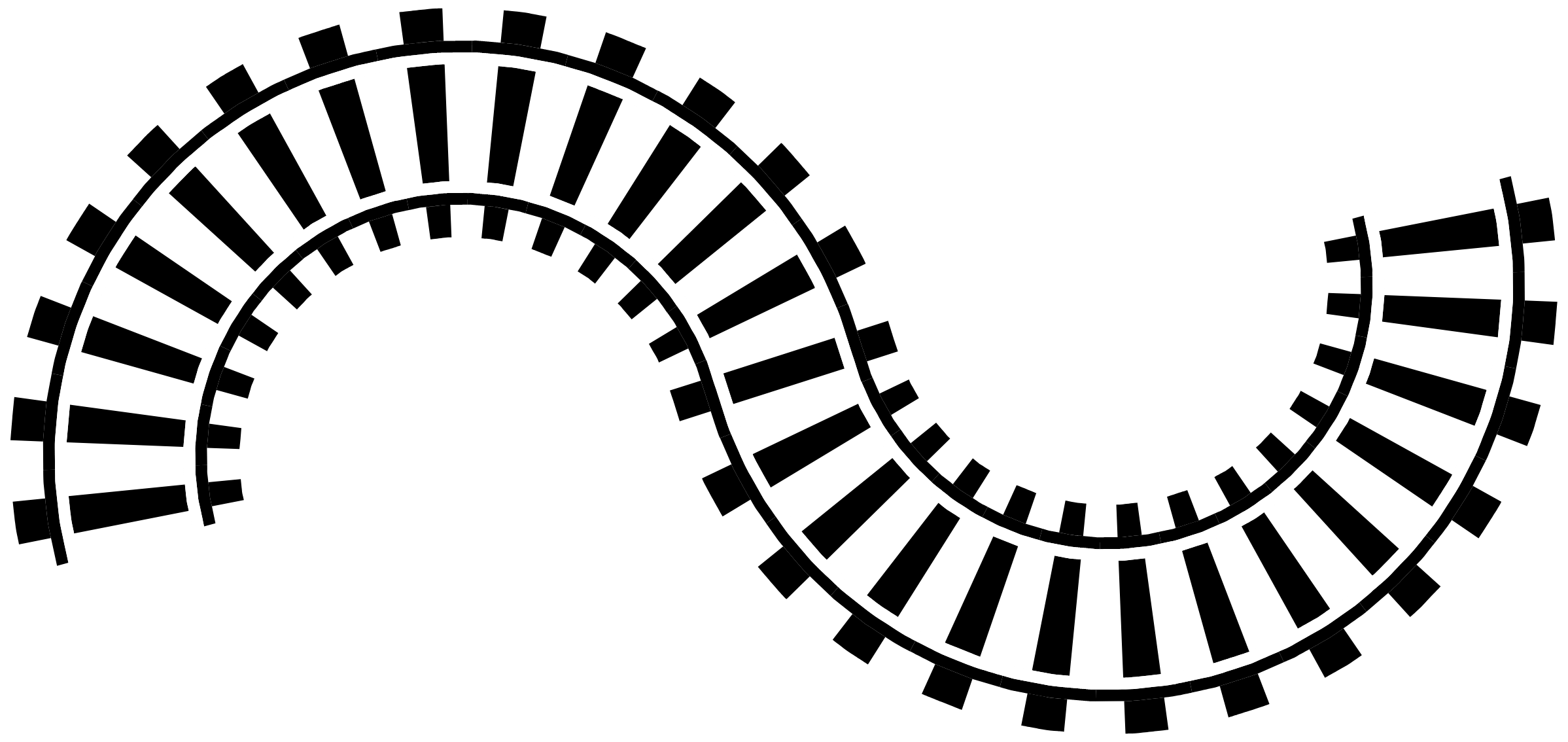
Often, external stimuli are compensatory activities; fleeting and non-essential. If we could find a way to be more connected with ourselves and our emotions, we would probably be more at peace, less in need of the constant presence of others, we would consume less; and the planet would thank us. A magic formula, but difficult to spread: I am an engineer, so I can recognise when a formula works.
In the last 4 years, I have continued to study and create leadership programmes, and while I was helping people to access their own potential, I realised that the same path that led to individual wellbeing also led to company wellbeing, and that company wellbeing led to the wellbeing of the community around it. Wellbeing is contagious, and tends to be circular. I was suggesting a path to creating a better world.
Our behaviour is strongly influenced by the context we find ourselves in. We can encourage certain behaviours if we are able to create a specific context. Every one of us is the system of people around us. My behaviour conditions the behaviour of others. Our existence on this earth is part of an ecosystem we are embedded in: it is down to each of us to choose the direction to follow.
It is only from a regenerative, affirmative mindset that a circular business model can be created. We need to lift our heads out of the sand and include clients, suppliers and the private network. Collaborate beyond the traditional boundaries. We need an US.

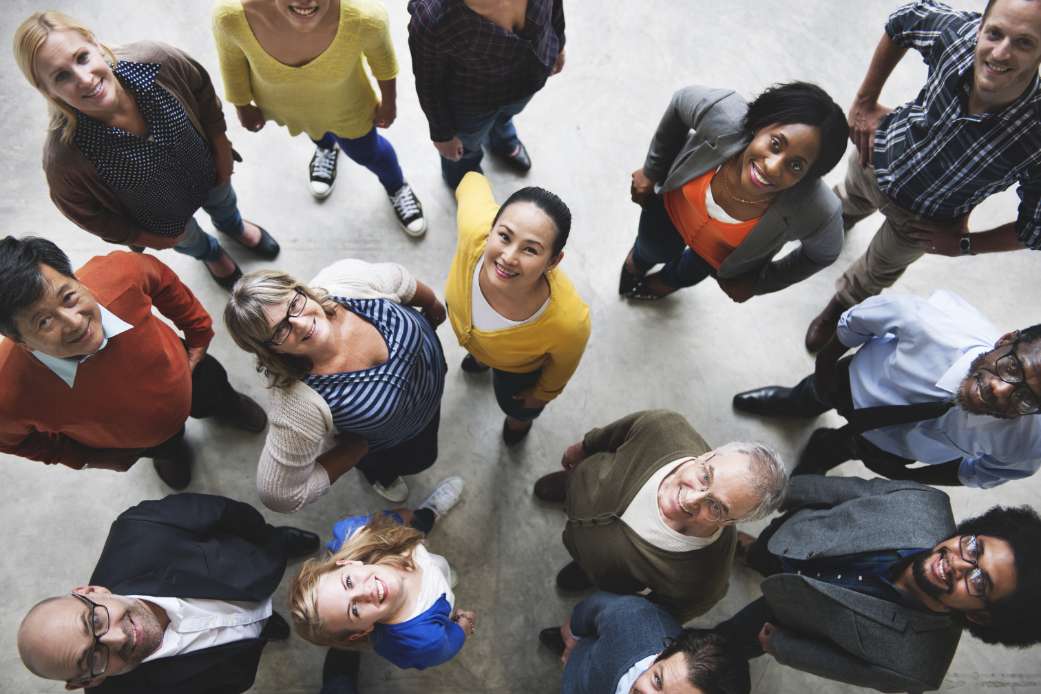
In order to evolve towards a more sustainable mentality and approach, we need to overcome two obstacles: the Ego and stress, which together create a destructive cocktail. The former limits our range of action, and the latter is short-sighted.
Today, we speak more about what we need to do to solve the problems of the planet than about how to build the skills that will allow us to solve them. To reach a social transformation, we need to start from a personal transformation.
The priority is to develop new personal skills and shape a mindset that can create leaders of the ecological transition.
Inner Development Goals (IDGs) is an initiative created in Sweden with the goal of identifying, spreading and supporting the development of values, knowledge, skills and aptitudes that help with personal growth in the ever more challenging, complex environment we find ourselves in.
The final version of the IDG framework and the Field-kit book were presented in April 2022, and both are open source, downloadable for free. The method and the framework are divided into 5 dimensions and 23 transformation skills - abilities - that are fundamental for leaders working with the 2030 Agenda Sustainable Development Goals (SDGs), but are also important for people of all generations:
Being contagious. I am writing this article on the train from Milan to Palermo: 20 hours of wonderful travelling. I used to fly, but now I prefer to arrive rested, enjoy a breathtaking view, and save a small part of a micro-degree of global warming. Our home, Earth, speaks to me and calls to me. I feel so lucky.

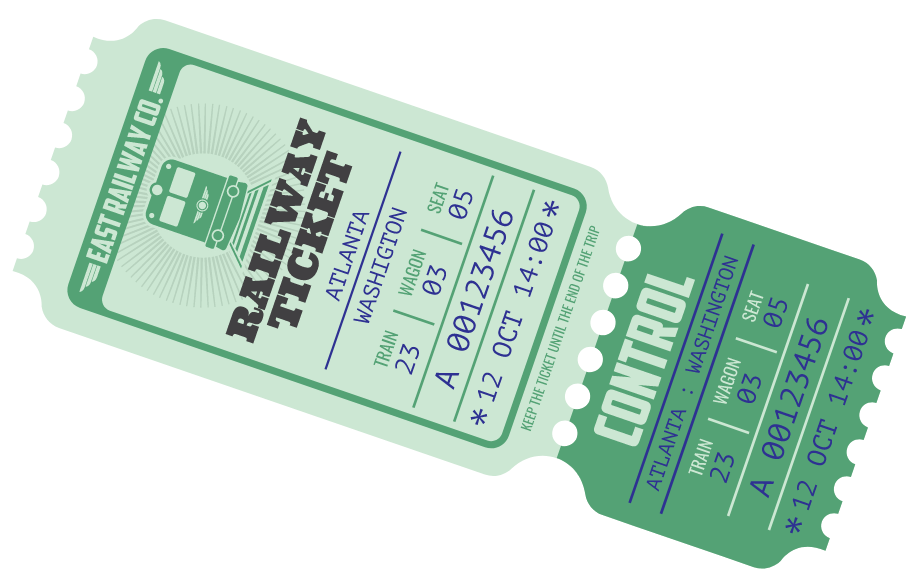

Festival della Mente, a hotbed of topical, multi-disciplinary reflections for a broad, intergenerational audience. Because ideas drive the world!
A word, a call to action. The example of one of the first journalists in Italy who, for over 20 years, has been spreading the word of environmental issues through the mass media.
